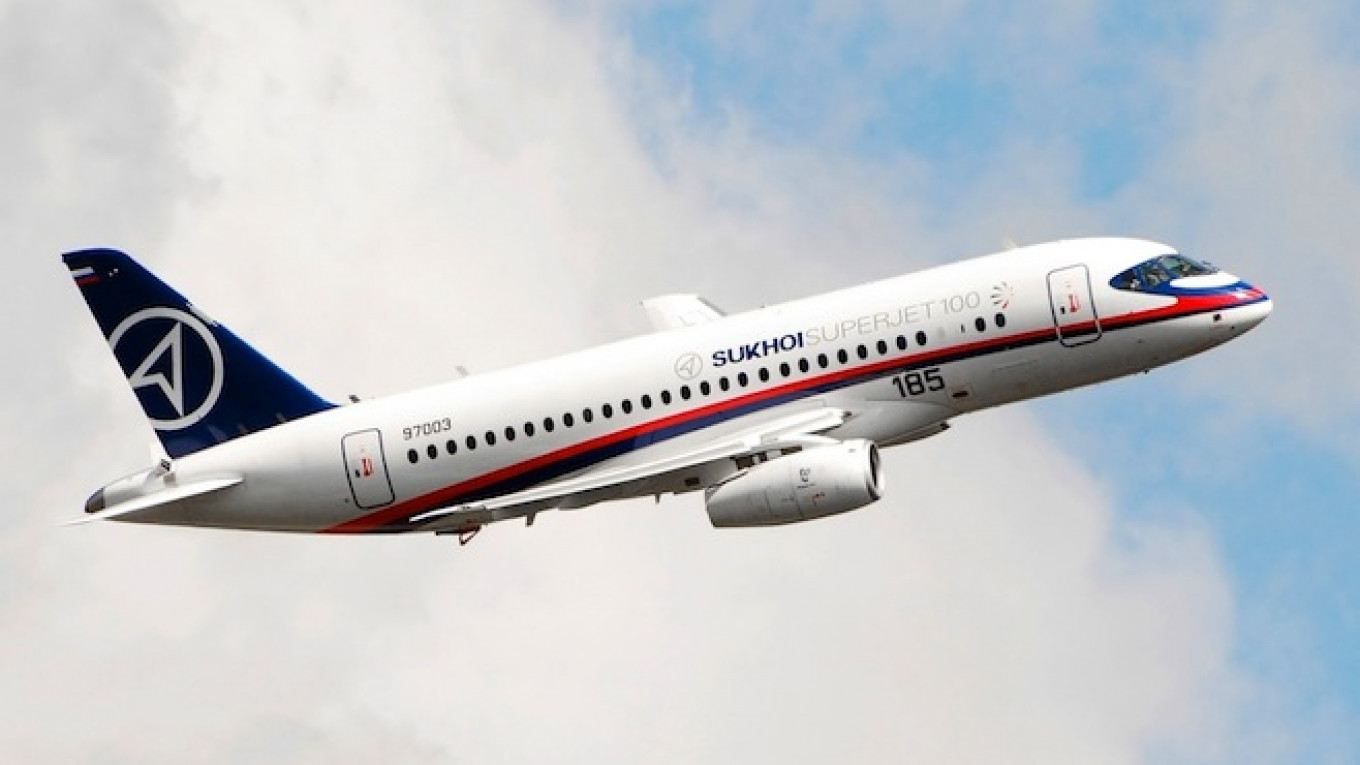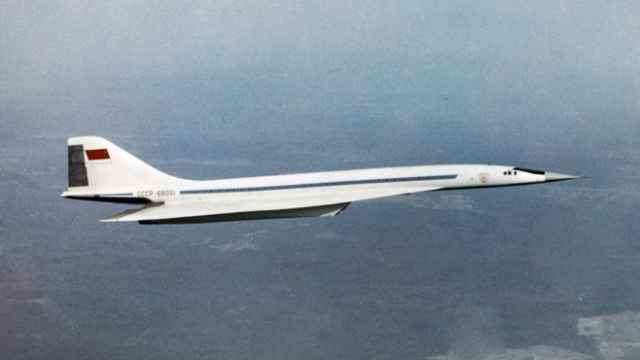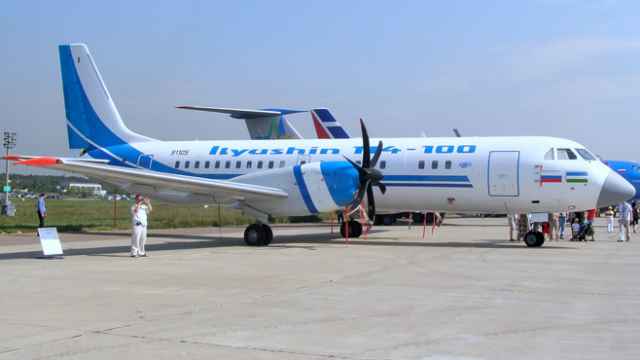The Thai embassy in Moscow has denied a Russian media report that the King of Thailand ordered three Russian Sukhoi Superjet airliners for his royal fleet, saying the planes will be flown instead by the Thai government.
The TASS news agency on Friday cited Moscow's trade representative in Bangkok as saying Bhumibol Adulyadej, the 87-year-old King of Thailand, had placed the order. Oleg Maslennikov told the agency the planes would be fitted out with luxury furnishings, without specifying the value of the contract.
The Thai embassy on Tuesday complained about the report, saying TASS had misquoted Maslennikov: “The planes were, in fact, acquired by the Royal Thai Government through the Royal Thai Air Force,” a representative of the Thai embassy in Moscow said, adding that “The purchase had nothing to do with His Majesty the King.”
The Superjet 100, built by Sukhoi Civil Aircraft, is Russia's effort to break back into the global civil aviation market after the collapse of its Soviet era industry. The plane has struggled to gain market share after setbacks including a disaster in 2012, when a promotional flight crashed into a mountainside in Indonesia killing all 45 people on board.
Sales of the plane have gradually picked up, but Russia's state-owned Aeroflot remains the biggest single buyer with 30 orders.
This article has been amended to include comment from the Thai embassy in Moscow and remove an unsubstantiated reference to the King's wealth.
A Message from The Moscow Times:
Dear readers,
We are facing unprecedented challenges. Russia's Prosecutor General's Office has designated The Moscow Times as an "undesirable" organization, criminalizing our work and putting our staff at risk of prosecution. This follows our earlier unjust labeling as a "foreign agent."
These actions are direct attempts to silence independent journalism in Russia. The authorities claim our work "discredits the decisions of the Russian leadership." We see things differently: we strive to provide accurate, unbiased reporting on Russia.
We, the journalists of The Moscow Times, refuse to be silenced. But to continue our work, we need your help.
Your support, no matter how small, makes a world of difference. If you can, please support us monthly starting from just $2. It's quick to set up, and every contribution makes a significant impact.
By supporting The Moscow Times, you're defending open, independent journalism in the face of repression. Thank you for standing with us.
Remind me later.






